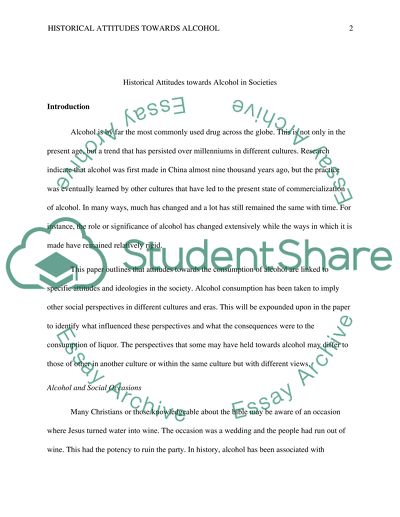Cite this document
(“Historically, attitudes toward alcohol cannot be separated from Essay”, n.d.)
Historically, attitudes toward alcohol cannot be separated from Essay. Retrieved from https://studentshare.org/history/1497878-yphistorically-attitudes-toward-alcohol-cannot-be
Historically, attitudes toward alcohol cannot be separated from Essay. Retrieved from https://studentshare.org/history/1497878-yphistorically-attitudes-toward-alcohol-cannot-be
(Historically, Attitudes Toward Alcohol Cannot Be Separated from Essay)
Historically, Attitudes Toward Alcohol Cannot Be Separated from Essay. https://studentshare.org/history/1497878-yphistorically-attitudes-toward-alcohol-cannot-be.
Historically, Attitudes Toward Alcohol Cannot Be Separated from Essay. https://studentshare.org/history/1497878-yphistorically-attitudes-toward-alcohol-cannot-be.
“Historically, Attitudes Toward Alcohol Cannot Be Separated from Essay”, n.d. https://studentshare.org/history/1497878-yphistorically-attitudes-toward-alcohol-cannot-be.


